Strange and disturbing facts about the ancient world
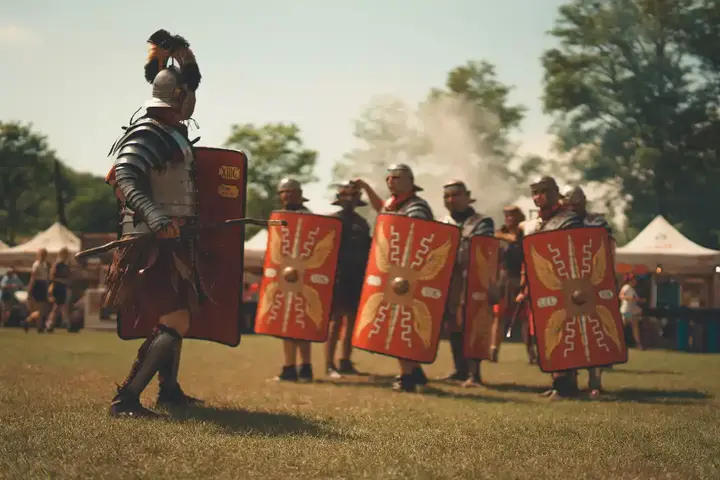
When people talk about ancient history, images of gladiators, pharaohs and Alexander the Great often come to mind, but these themes hardly scratch the surface - history is much bigger than that! What we call "ancient history" covers a long period from the beginning of time until the beginning of the early Middle Ages sometime around the fifth century, and this period is full of strange and unknown facts from East to West. It turns out that some unimaginable things actually happened during that period, and not all of them made it into the history books.
Show key points
- Ancient history spans a vast period up to the early Middle Ages and contains numerous bizarre and lesser-known facts.
- The Sati tradition in ancient India forced widows to die with their husbands, reflecting extreme and tragic gender expectations.
- In an interesting twist, ancient Egyptian society allowed both men and women to inherit the throne, valuing lineage through the maternal line.
- ADVERTISEMENT
- Contrary to modern ideals, ancient Romans associated large penises with foolishness and barbarism rather than masculinity.
- Headaches in the ancient world might be treated with trepanation, a procedure involving drilling holes in the skull to release evil spirits.
- Unlike today, dwarves in ancient Egypt were held in high regard and even served important roles in society and religion.
- Ancient civilizations used animal manure for medicinal purposes, despite the obvious health risks and unpleasantness.
So, if you consider yourself a history buff, or if you just want to learn about the strangest things people have ever done, read on and discover these strange and secret facts that go back to the depths of ancient history.
Recommend
1. Even death will never separate you

Widowhood in ancient India didn't mean a widow could mourn for a while and move on — or at least she couldn't while alive. The tradition known as Sati was based on the belief that a woman had no right to live without her husband, and that she should either be burned alive in the fire of her husband's funeral or buried alive next to his corpse. Both methods were very terrible, so women would probably pray that they would die first (for natural reasons, of course).
2. Anyone's game (equal opportunity for both sexes in inheritance)
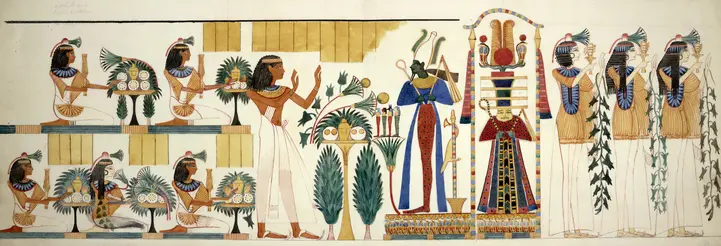
In most kingdoms, the heir to the throne was usually a son. But in ancient Egypt, either sex could inherit the throne, as men and women enjoyed almost equal rights, and the family line was determined by the mother's side rather than the father's. Are we talking about progressive thinking here!
3. There is nothing to brag about
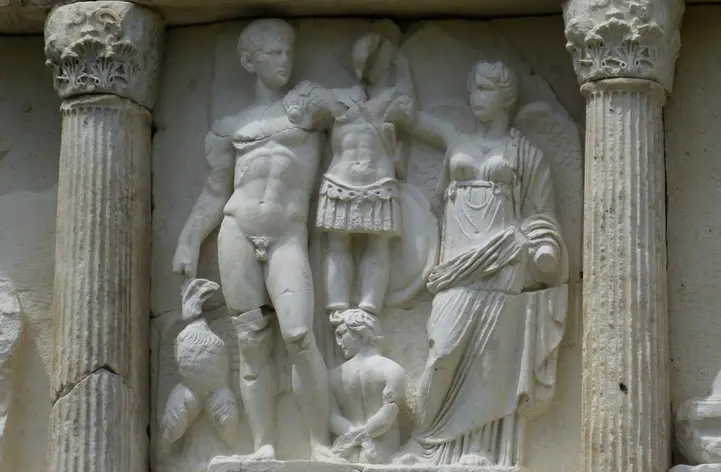
In modern society, having a good gift in terms of virility is something most men hope they can claim, but in ancient Rome, it was just the opposite. Instead of being considered masculine par excellence, or described as too skilled in sex, a person with a large penis was seen as a barbarian or a fool. The large penis was mostly used as a talisman for good luck, or as something for laughter, or to protect against evil, but all the arts and sculptures of Roman heroes portrayed them as men with small and monolithic genitalia.
4. Let her out!
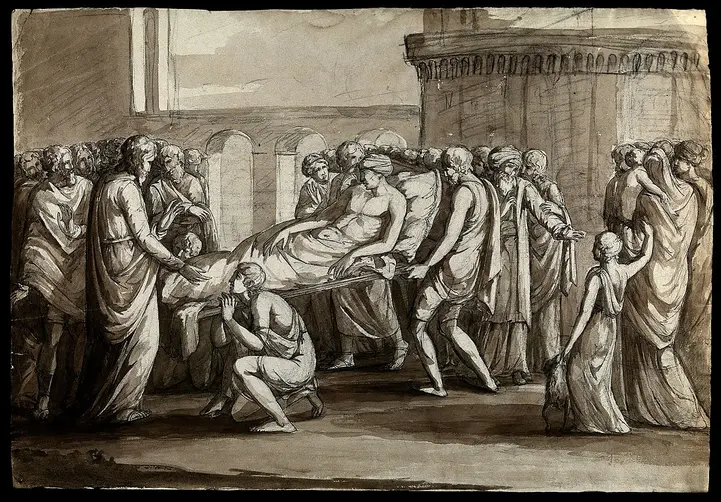
In the ancient world, it might have been wise not to admit that you had headaches, among other things, because doctors might then try to cure you by drilling a hole in your head. The practice of progation (spreading the skull) was used to treat cramps, headaches and inflammation, as doctors believed that they were caused by the presence of evil spirits trapped inside your head and should be released. Perhaps the exorcism was less painful!
5. Respect, not ridicule
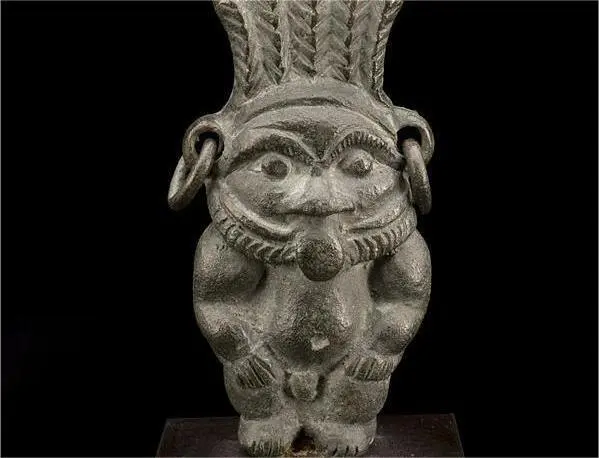
In modern film/television, dwarves are often portrayed as outcasts or in a comical way, but in ancient Egypt, dwarves were revered and even worshiped. The dwarves held official positions in all aspects of society and the Egyptians had several dwarf gods such as the god of luck, dreams and dance, and the god of arts, crafts and creativity.
6. Alligator treatment

In ancient times it was very common to use animal manure as a remedy for healing from various diseases. In ancient Greece, crocodile feces were used as a feminine method of contraception, while in ancient Egypt warriors used animal manure to treat battle wounds. The Scots used sheep droppings to treat smallpox, and pig manure was also used to stop nosebleeds. Thank God that someone invented incest!
7. Take advantage of urination

In ancient Rome, human urine had many applications and was a very valuable product, but the emperors Vespasian and Nero discovered a way to profit from people's urine. They imposed a tax on urine possession, and Vespasian took things a step further, ordering the construction of paid public toilets. Urine was collected from the toilets for tanning leather and cleaning clothes, although I don't know how they managed not to smell of urine!
8. Lead head
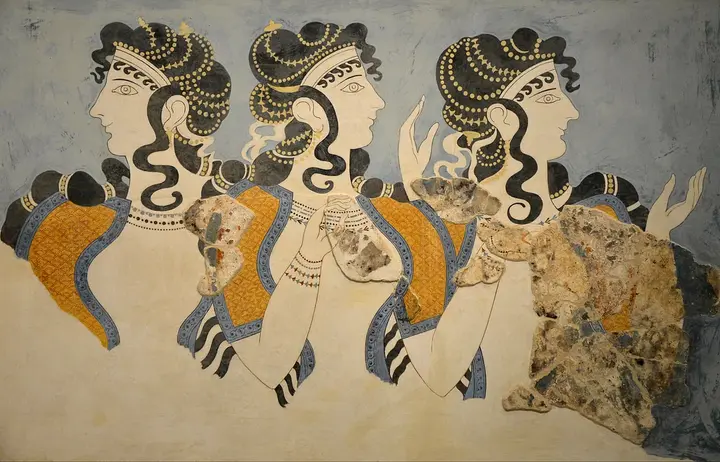
Old women did not have the luxury of entering the pharmacy and picking up some hair dye. Some civilizations used plant materials to dye hair, but others used much less attractive mixtures. The ancient Greek/Roman version of the permanent dye was a chemical mixture consisting of sulfur and lead. Since they didn't know much about chemistry, the dyes caused some very serious health problems, but at least their hair looked good!